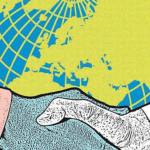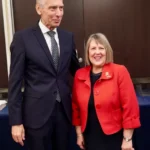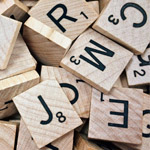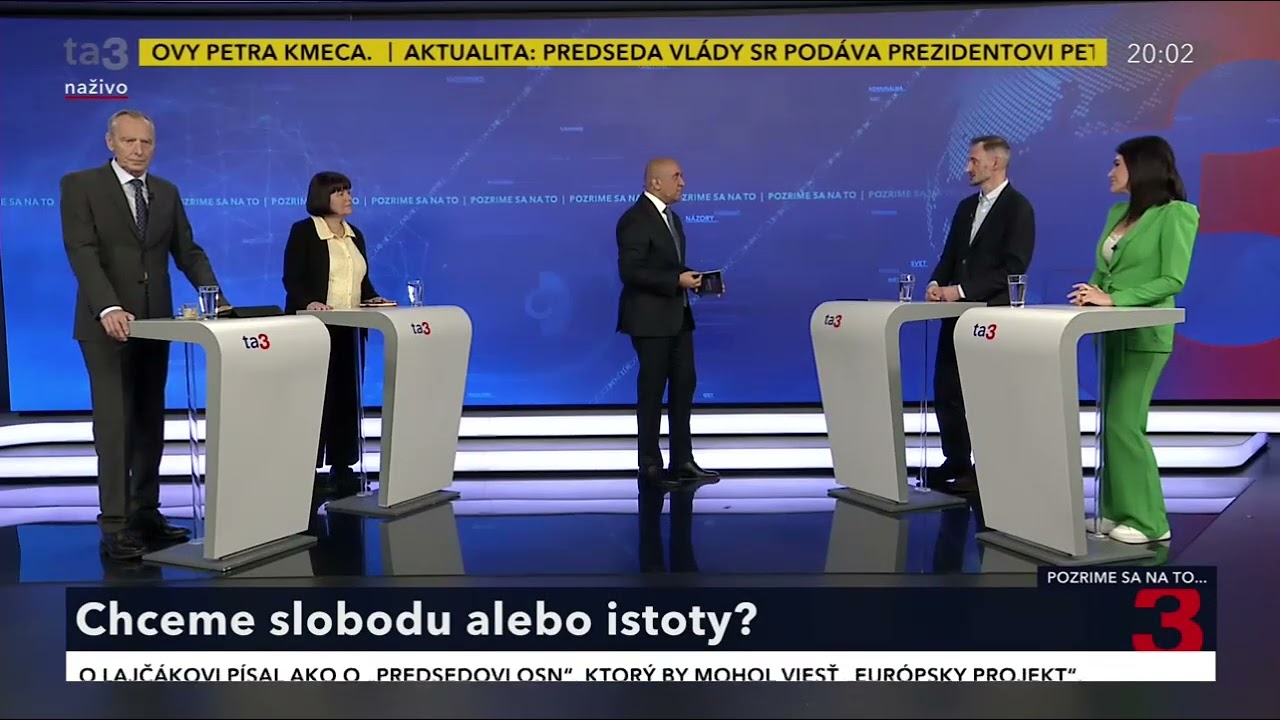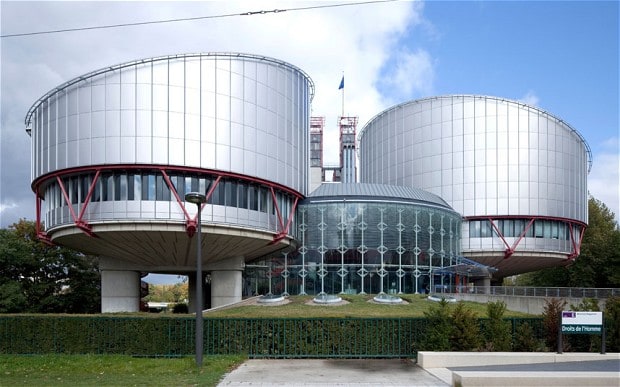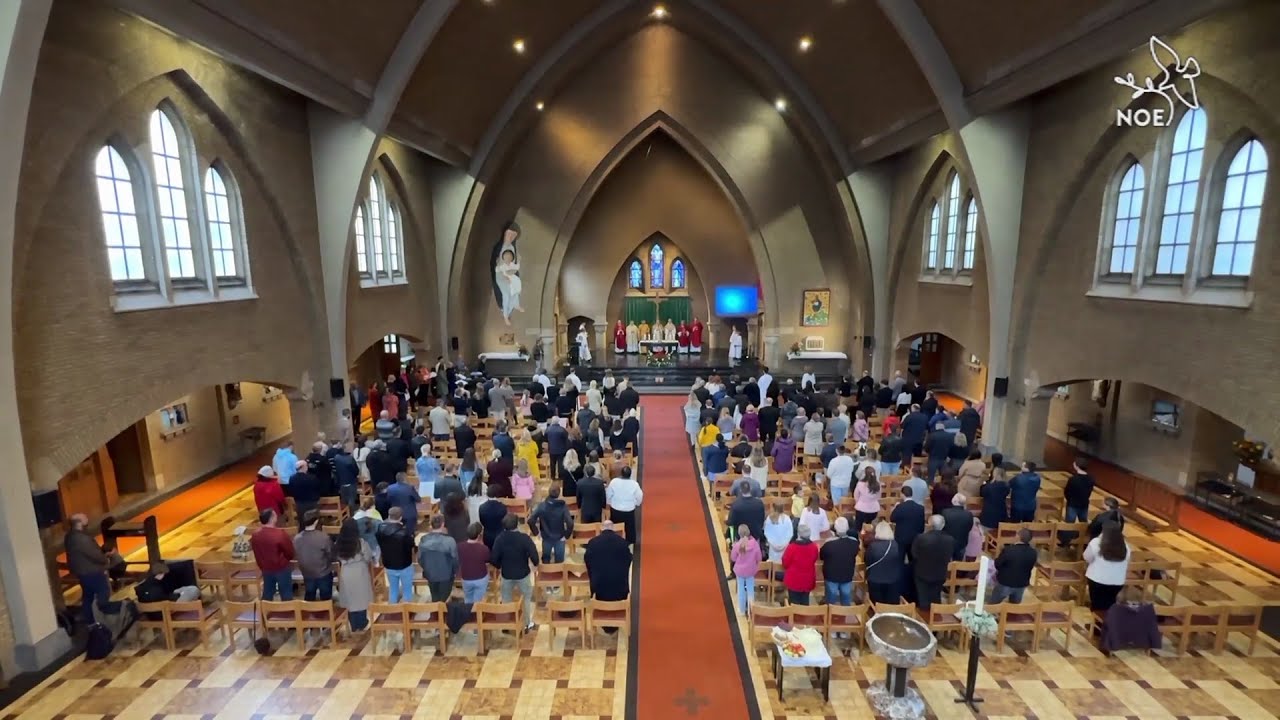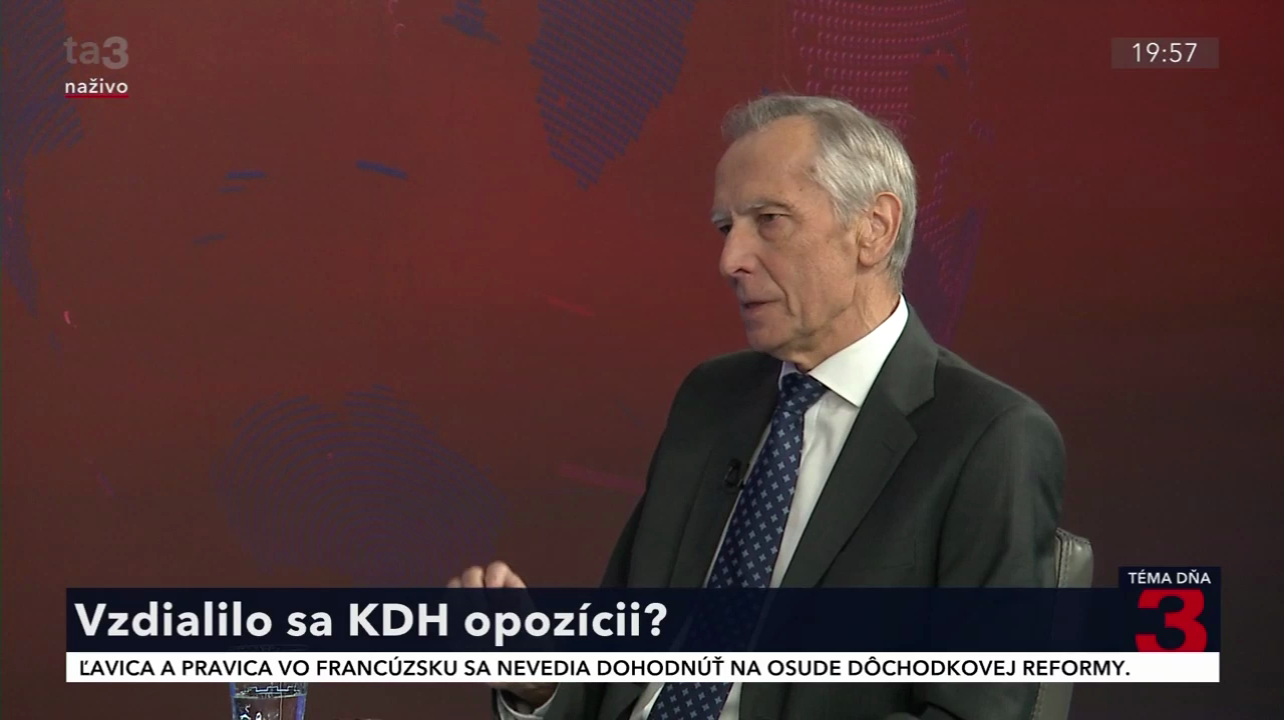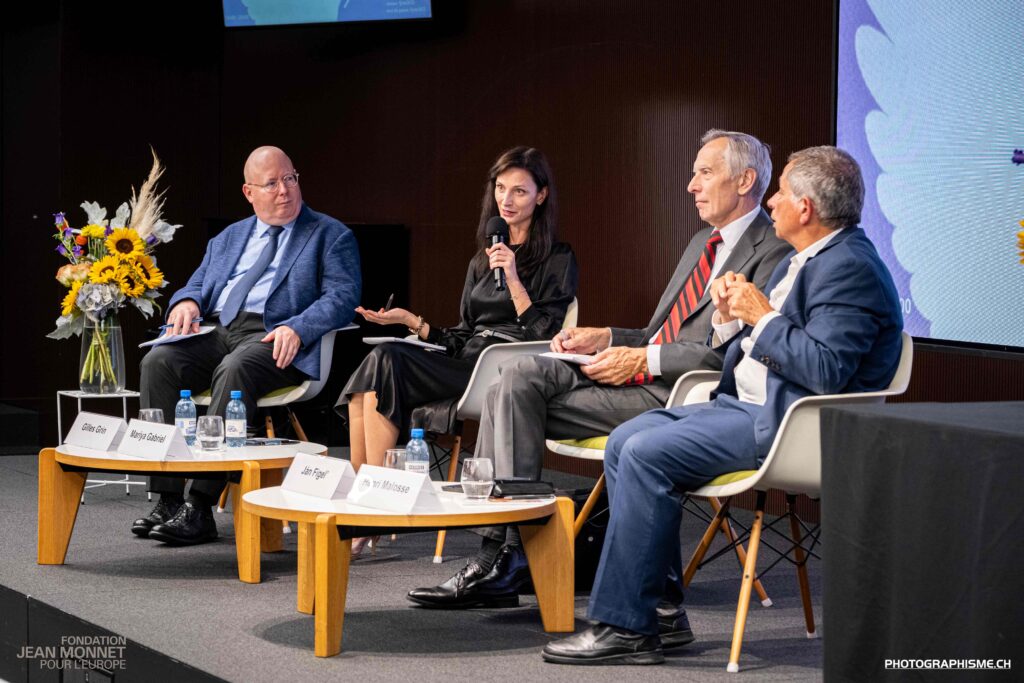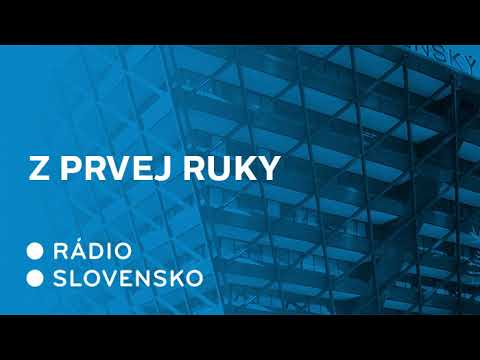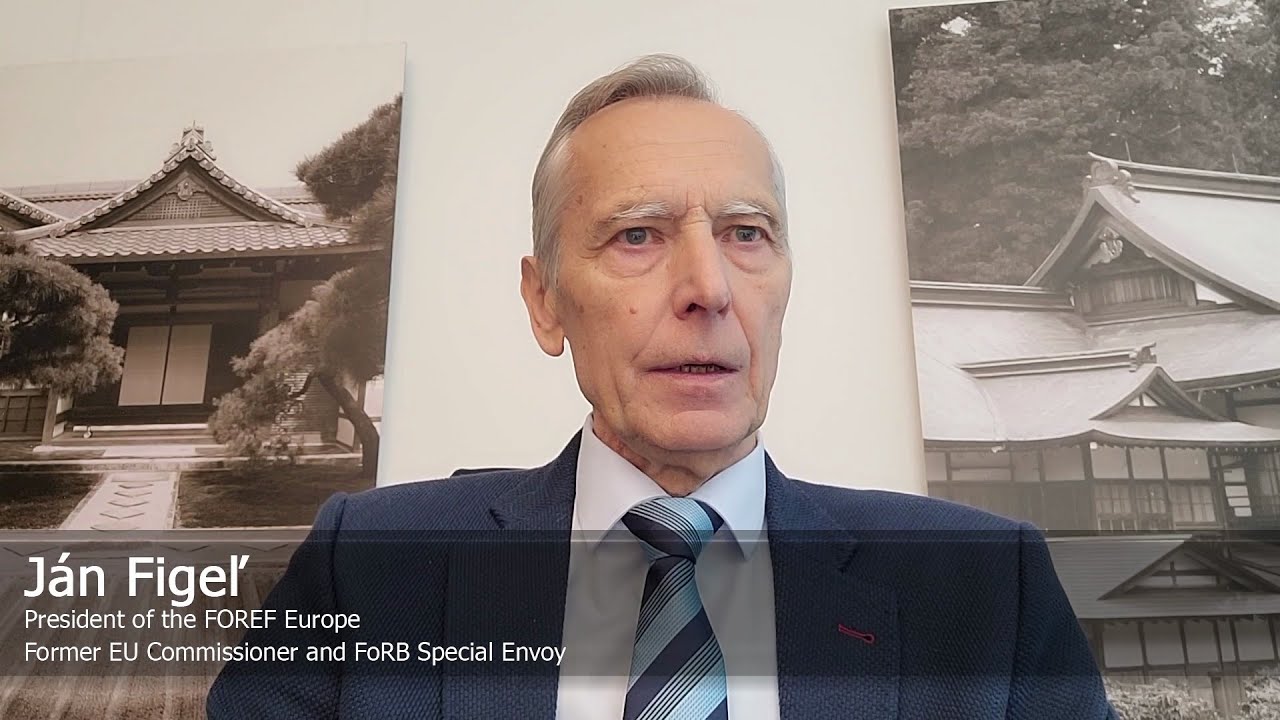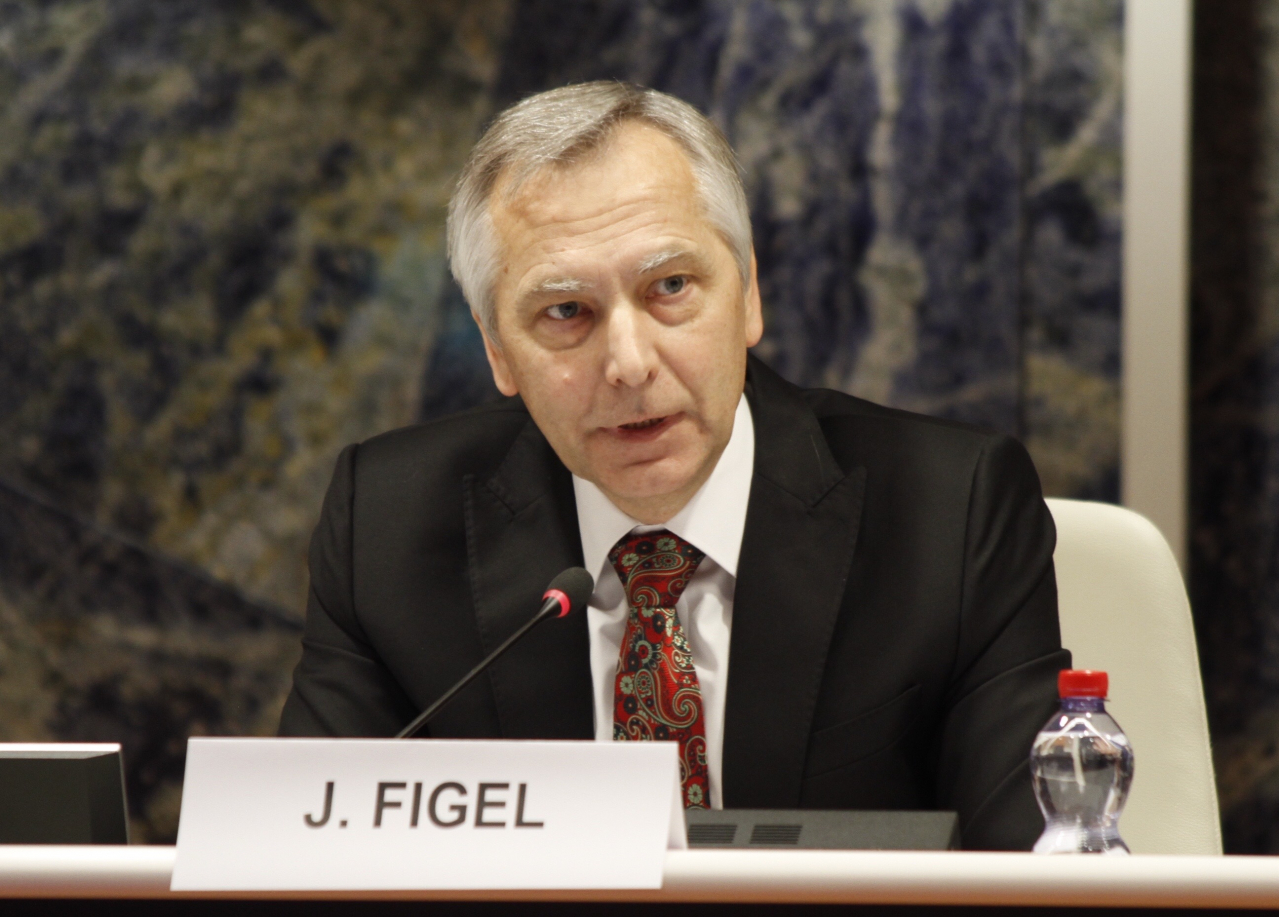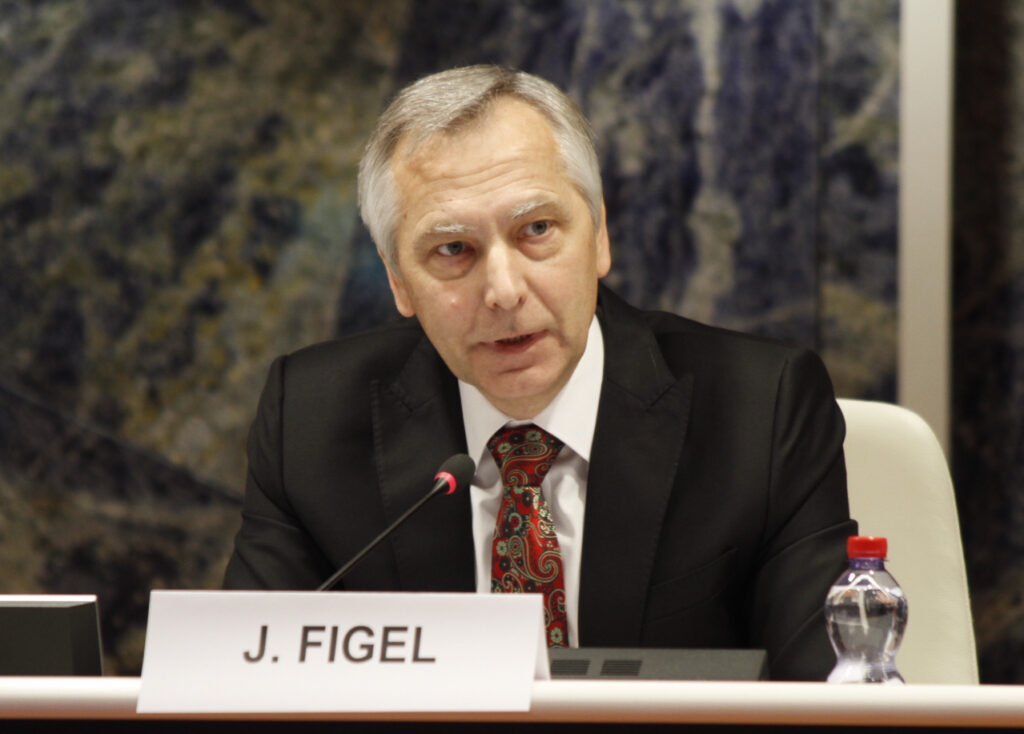
MCC Visiting Fellow Jan Figeľs latest writing covers the nature of Human Dignity and how a proper understanding of it can lead to peaceful coexistance.
For our positive and constructive coexistence in the world of diverse nations and communities, peace is a cornerstone. True and lasting peace is a fruit of justice. The core of justice is based on the respect of fundamental human rights. The most central among rights is freedom of religion or belief (FoRB). It is a litmus test of all other rights. Because if this is respected, other rights and freedoms have chance to be respected as well. FoRB has private and public dimension; it concerns lives of individuals and communities alike. FoRB covers various forms – worship, observance, teaching… If FoRB is violated, the same happens to other rights and freedoms as well. The crime of crimes is a genocide, coming after intolerance, discrimination and persecution. I many regions of the world religious or ethnic minorities suffer. Nine out of ten genocides in worldwide history were aimed against religious minorities.
Secondly, FoRB is the deepest expression and measure of personal freedom. It is defined by international law as freedom of thought, conscience and religion. This is triune expression of human rationality, morality and spirituality (religiosity). If this deepest internal freedom is disregarded, then subsequent external freedoms are disrespected even more: e.g. freedom of opinion, expression, media, association, assembly, ownership… Totalitarianism starts by abuse of FoRB for all.
Due to indivisible unity and importance of everyone’s rationality, morality and spirituality, there is a deep and strong nexus between FoRB and human dignity. And dignity is the foundational principle of human rights. Dignity is a fact from which our rights and duties are derived.
Today, the agenda of human rights is hijacked by various groups representing ideologies, violent extremism or ethical relativism. We also tend to forget or neglect our human duties towards the other and towards society.
In order to make our era more humane, we must return to the original meaning of key documents, principles and definitions on this subject.
1) There is a strong and deep nexus between human dignity of all and freedom of religion or belief (FoRB) for all.
Following are four basic sources that articulate the priority of human dignity – two secular documents, and two documents inspired by faith:
a) Universal Declaration of Human Rights (1948)
Preamble: Whereas recognition of the inherent dignity and of the equal and inalienable rights of all members of the human family is the foundation of freedom, justice and peace in the world, …
Article 1
All human beings are born free and equal in dignity and rights. They are endowed with reason and conscience and should act towards one another in a spirit of brotherhood.
b) The European Union Charter of Fundamental Rights (2000)
It recognizes dignity as the first founding value of the Union and respects and protects dignity in the Article 1 of Chapter 1.
c) Vatican II Council Declaration on Religious Freedom “Dignitatis Humanae” (1965)
“The Council… declares that the right to religious freedom has its foundation in the very dignity of the human person.”
d) The Marrakesh Declaration on the Rights of Religious Minorities in Muslim Majority Lands (2016)
God bestowed dignity on all human beings regardless of their race, color, language or belief… This dignity requires that human beings must be granted freedom of choice. … All people – regardless of their different natures, societies, and worldviews – share the bonds of brotherhood and sisterhood in humanity.
2. Respect of human dignity is a meeting point for religious and secular humanists.
The convergence of different traditions and concepts leads from a common ground to a common good. The Biblical, Judeo-Christian tradition states that mankind is created in the likeness and image of God. Christian faith moreover declares, that God became a man and uplifted humans to become heirs of heaven. Karamah (in Arabic) in Islam has Quranic roots, when angels are asked to bow in front of Adam.
Dignity is the highest worthiness that each person possesses and therefore transcends the whole material world. Each human being is a person: a unique being with intellectual, spiritual and material dimensions. Only a person can have rights and duties. A person is always a subject with reason, conscience and freedom.
3. Rights cannot work without duties.
We should promote awareness and respect of human duties. A culture of human dignity brings together two ancient ethical rules:
The Silver Rule: „Do not do unto others as you would not have them do unto you.“ This is a basis of justice, reciprocity, tolerance, equal treatment.
The Golden Rule: “Do unto others as you would have them do unto you.” It is a source of compassion, acceptance, solidarity, charity and love.
The dignity of each person represents a balance and interdependence of rights and duties, freedom and responsibility. Freedom without responsibility cannot thrive. My dignity is a call for my duties – as father, husband, neighbor, citizen.
4) Equal citizenship as a fruit of equal dignity.
Equal dignity as a moral principle has a socio-political implication: equal, fair, inclusive, dignified citizenship.
In dignity we are ALL EQUAL. In identity we are ALL DIFFERENT (people of the past, presence, future). This is not a problem; this is the principle of creativity (in opposition to copying or cloning).
5) Dignity is the best theme for learning how to live together, not merely to exist together.
Reason and faith, science and religion in quest for truth, working for common good of people, can drive our civilization forward. Dignity is a daily learning process through which we discover what it means to be human in every situation. It is the best permanent lesson on rights, responsibilities and reciprocity.
Respect of dignity of all and promotion of dignity for all is the best road to lasting peace and dignified life in our times.
Jan Figel
May 10, 2025
Author was the EU Commissioner, founder of the EIT and the first Special Envoy for FoRB outside the EU. He initiated the Declaration on Human Dignity for Everyone Everywhere (www.dignityforeveryone.org). Currently lectures as a MCC Visiting Fellow.
Original article can be found here: https://mcc.hu/en/article/jan-figel-respect-of-human-dignity-as-a-road-to-peace

